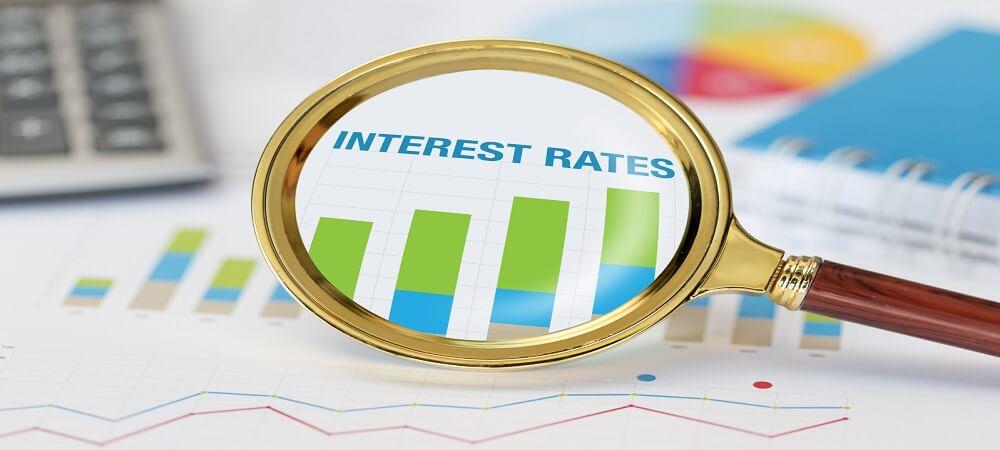
How is the Housing Market Affected by Interest Rate Hikes?
By: ROS Team
Buying property requires a significant financial investment, and that investment typically comes from a loan. So there’s no question that the latest episode of rising interest rates will have a huge impact on the housing market. This dramatic increase could increase mortgage payments by tens, if not hundreds, of thousands of dollars.
1- Why Interest Rate Increased
2- How Much Interest Rate Increased
3- Impacts of Increased Interest on Housing Prices
4- Impact of Increased Interest Rates on New Construction
5- Factors Affecting Interest Rates
6- Higher Interest Rates Affect the Housing Market
Why Has the Interest Rate Increased?
Before we dig deep into the effects of interest rate hikes on the housing market, let’s look at some of the reasons for the increase. The primary reason is related to the Russian invasion of Ukraine. The war has created many economic and human hardships in the region and worldwide, and economists are predicting more inflation in the coming weeks across the country as the war rages on.
The second reason for interest rate increases is the growing concern around China and supply chain disruptions in the wake of renewed lockdowns because of COVID-19. According to Federal Reserve Chairman Jerome Powell, these lockdowns will likely exacerbate supply chain disruptions, eventually leading to more inflation. The Federal Reserve already increased interest rates at the beginning of May to slow the skyrocketing inflation rate.
How Much Has the Interest Rate Increased?
As of the writing of this article, the average interest rate increased from 5.23% to 5.78%. This is the highest rate increase since 1994. In other words, borrowers will now have to pay $1,653 extra per month in loan interest because of the increased interest rate.

What are the Impacts of Increased Interest on Housing Prices?
It’s difficult to speculate how the rate increase will impact the housing market because interest rates are just one of the many factors that play a role in the equation. However, as a direct consequence of higher interest rates, homebuyers who plan to finance their new home may now have to consider longer term home loans. This, in conjunction with higher interest rates, will increase the overall cost of the transaction. In addition, homebuyers will have to compete with cash buyers in a market where demand is high and supply is low.
Impact of Increased Interest Rates on New Construction
The increase in interest rates is also hurting the U.S. construction industry. In April, new housing construction fell 14.4% to 1.55 million, a 3.5% decrease from May 2021.
Factors Affecting Interest Rates
Inflation
When prices go up, a person’s purchasing power goes down. As a result, lenders will likely increase interest rates to compensate for the decreased purchasing power brought on by inflation. The price of mortgages and housing are affected as well; when interest rates are high, prospective buyers are dissuaded from buying, resulting in a lower supply and higher prices.
Income-to-Price Ratio
Despite the current state of economic uncertainty, there is little evidence to suggest that increases in home prices will slow down. However, headwinds continue to be a concern for the economy as a whole. The income-to-price ratio for homes has already reached an all-time high, and with rising interest rates and inflation putting pressure on household budgets, price increases will likely taper off by the end of this year.
Other Factors
Another factor that plays a role in interest rates is the supply and demand of credit. Interest rates will go up when there is a greater demand for money or credit, but when there is a smaller demand for credit, interest rates will go down. When there is a greater demand for money, interest rates will go up to compensate for it.
What Role Do Interest Rates Play in the Residential Real Estate Market?
A variety of factors influence the housing market’s perception and determination of interest rates. They impact the value of real estate because they determine the amount that needs to be paid in interest when we borrow money to buy a home. Demand for real estate rises when interest rates are low, but prices fall when interest rates are high.
How Do Higher Interest Rates Affect the Housing Market?
Higher interest rates mean higher mortgage loan costs. Rising interest rates make homes more expensive for buyers and reduce demand for home purchases. Reduced demand also hurts sellers because they must lower sales prices to attract buyers.
Conclusion
At the end of the day, we may conclude that rising interest rates aren’t always bad for the real estate market. In fact, they may have a positive impact on the market. However, rising interest rates will not increase supply. Rising interest rates across the economy will instead raise the cost associated with borrowing money for homebuilders. This is in addition to all the other pandemic issues the industry has had to face.
So, if you’re thinking of buying a new house in the next few months, do your research about the current interest rate and how any future fluctuations will impact your buying budget.



